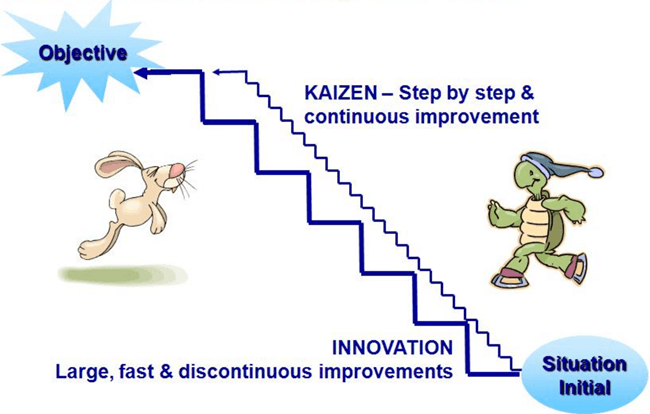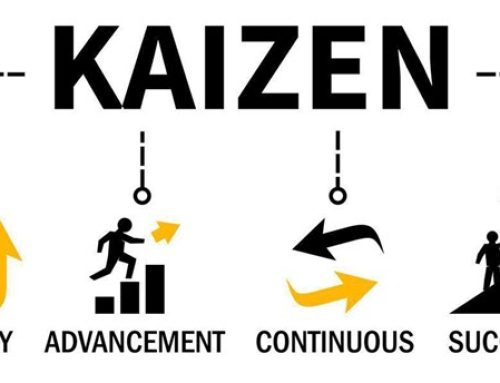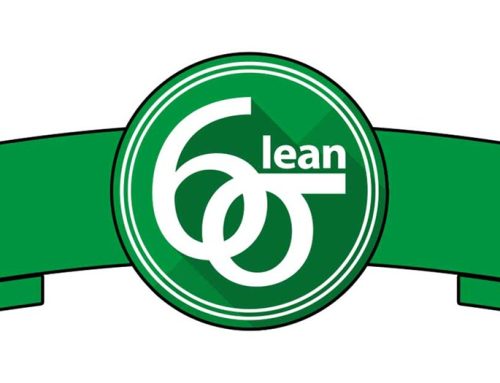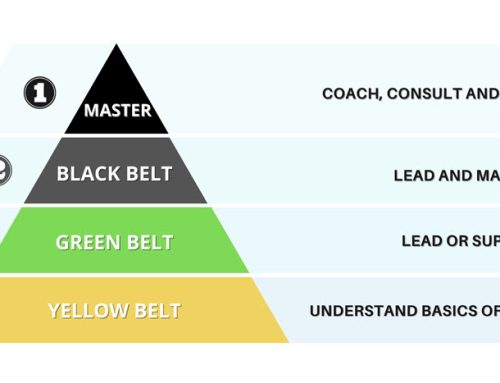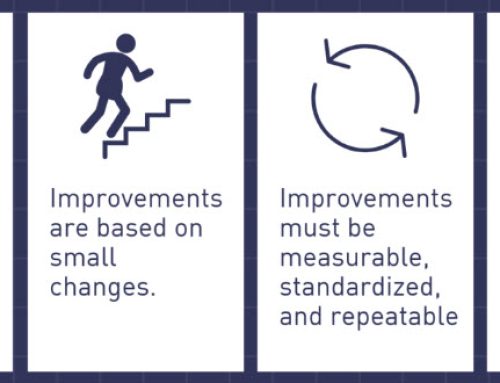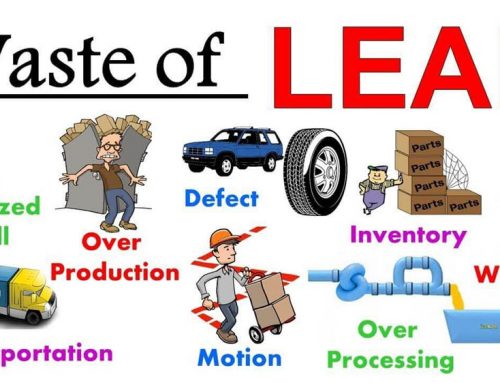Kaizen, or the management style of continuous improvement, is well known these days in businesses across the world. Originally it was used by Japanese companies or organisation in the manufacturing sector, but has since spread to businesses within various sectors and across business activities.
Generally, kaizen is a philosophy which highlights the significance, of continuous improvement, typically focused on commitment and cooperation. This spirit of improvement affects all levels of a company, from top management and directors to executives and those on the shop floor. From the improvement of productivity to zero defects in the end product or service, this strategy takes into concern many business practices.
If you are thinking to adopt this management style in your company or organization then you need to first understand what are the kaizen advantages and disadvantages.
Kaizen Advantages
Below are some of the main advantages from implementing kaizen within your business
- Kaizen is process centred, therefore it is able to identify exactly where things are wrong and going out of the path, so processes can be changed and mistakes eliminated. Wasteful processes are minimized, and as a result waste of resources is reduced.
- All those people who participate in and are part of kaizen get certain responsibilities, there by giving them more purposefulness. Moreover, since it puts people on the front line, employee morale increases hugely.
- There is a reduced need for inspection, since there is less scope for error.
- Teamwork increases widely as a result of kaizen and people are encouraged to think beyond the needs of their specific department.
- Customer requirements are placed at the forefront of company’s effort, and all products and services are geared according to the needs of the clients.
- The short term and long term goals of the company are identified quickly and easily, also there are systems to ensure that these goals are achieved.
Yet the advantages of kaizen are many and widely acknowledged, it has to be admitted that on the other side, this style of managing a business also has a few disadvantages as well. These disadvantages can be quite serious if a company offers only lip service to this management concept and implements it without really knowing how or why.
Kaizen Disadvantages
Below are some of the main disadvantages from implementing kaizen within your business. These disadvantages will need to be considered and taken into account as well, for an implementation of a kaizen management system to be successful.
- Some companies are required to bring about a massive change in their mind set and style of functioning. Sometimes this is very difficult and the initial problems created can very badly effect the business overall. For instance, in order to put this management style into practice, companies are required to have a very open style of communication. Also, many working employees think very territorial and are hesitant to let go of ‘their’ work areas.
- Generally, when using a new management style the initial excitement dies down all too soon. At the end, companies are not able to get the results they expected. However, it makes people believe that this management style will not work at all.
Conclusion on kaizen advantages and disadvantages
So should you apply kaizen in your company? Kaizen advantages and disadvantages should both be considered, and it may be easier to implement in certain companies than others; however for brand new businesses without an already established management system, it could be beneficial implementing kaizen principles from the beginning.
A good understanding of Kaizen will help you use it well to bring about great success in your company. You will be able to increase your organisations competitiveness by cutting costs and increase productivity if kaizen is successfully implemented.

